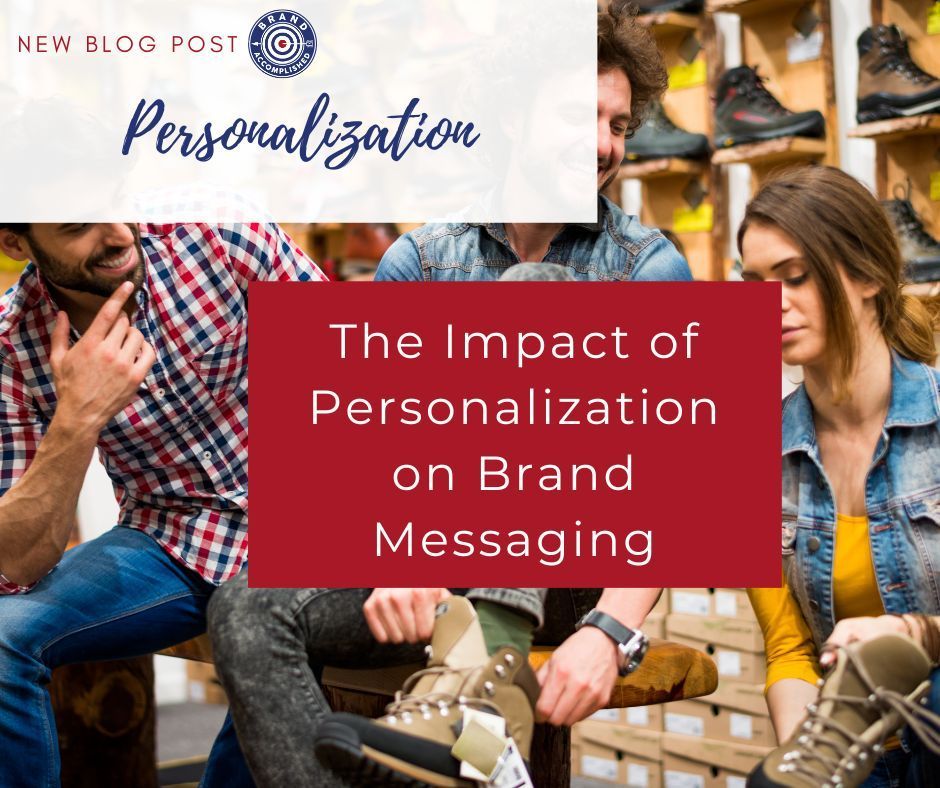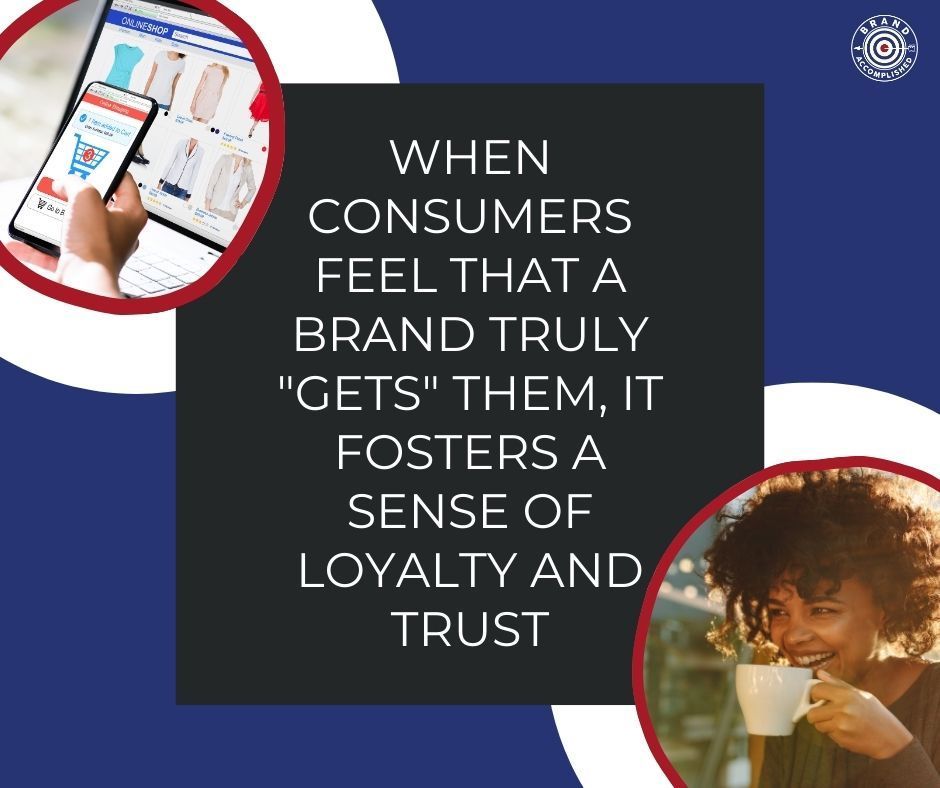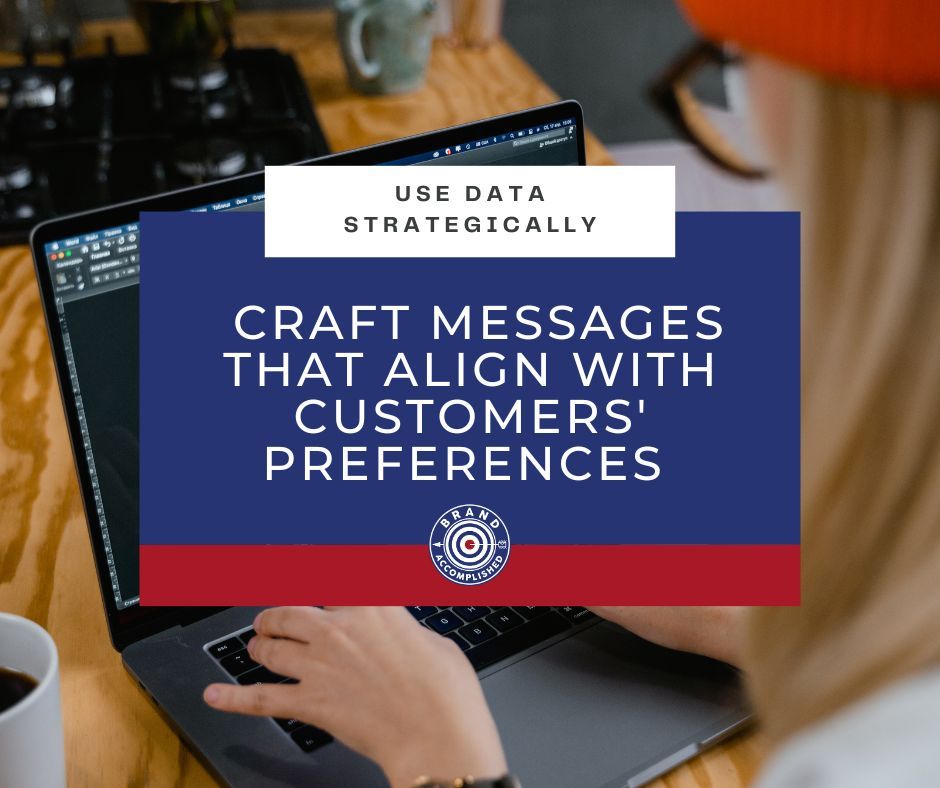The Impact of Personalization on Brand Messaging
The Impact of Personalization on Brand Messaging
In today’s hyper-competitive marketplace, personalization has emerged as a key strategy for brands looking to stand out and foster deeper connections with their audience. Personalization in brand messaging refers to the practice of tailoring communication, content, and experiences to meet the individual preferences and behaviors of customers. When done correctly, it can lead to increased customer satisfaction, higher conversion rates, and improved brand loyalty.

As consumers are bombarded with countless marketing messages daily, they’re increasingly drawn to brands that make them feel understood and valued. Many consumers are more likely to purchase from brands that offer personalized experiences. By making each interaction more relevant, brands not only enhance the customer experience but also build trust and long-term relationships.
Why Personalization Matters
Personalization impacts a brand’s messaging by making it more human, relevant, and timely. It’s not just about addressing customers by their names; it’s about understanding their needs, anticipating their desires, and delivering content and offers that resonate with them personally. This level of attentiveness can transform a one-time buyer into a loyal advocate for your brand.
When consumers feel that a brand truly “gets” them, it fosters a sense of loyalty and trust, encouraging repeat purchases and word-of-mouth recommendations. Moreover, personalized messaging has been shown to increase conversion rates, with targeted emails and recommendations based on user behavior often outperforming generic campaigns.

However, achieving effective personalization requires more than just collecting data—it requires using that data strategically to craft messages that align with customers’ preferences at every stage of their journey.
Top Tips for Leveraging Personalization to Improve Brand Messaging
To fully capitalize on the power of personalization, brands need to adopt a strategic approach. Here are some top tips to improve your brand messaging through personalization:
- Use Customer Data Strategically
Collect and unify data across touchpoints to create personalized experiences. - Segment Your Audience
Group customers by characteristics like age or behavior to deliver relevant messaging. - Personalize Email Marketing
Use customer names and tailor content to increase engagement and open rates. - Customize the Shopping Experience
Offer personalized recommendations and layouts based on user behavior. - Implement Personalized Onboarding
Tailor onboarding to each customer's needs for a smooth introduction. - Utilize A/B Testing
Test personalized elements to find what works best for your audience. - Personalize Based on Geography
Tailor content and offers based on location for greater relevance. - Incorporate Social Proof
Use customer reviews and popular products to build trust.

Conclusion
Personalization is no longer a luxury—it’s an expectation in today’s customer-driven world. Brands that invest in understanding their customers and delivering tailored messages at every touchpoint can build lasting relationships, improve customer loyalty, and drive higher conversion rates. By implementing these personalization strategies, you can ensure your brand messaging resonates more deeply with your audience, creating a positive impact on both customer satisfaction and your bottom line. Ready to make your brand more personal? Contact Brand Accomplished to get started!




